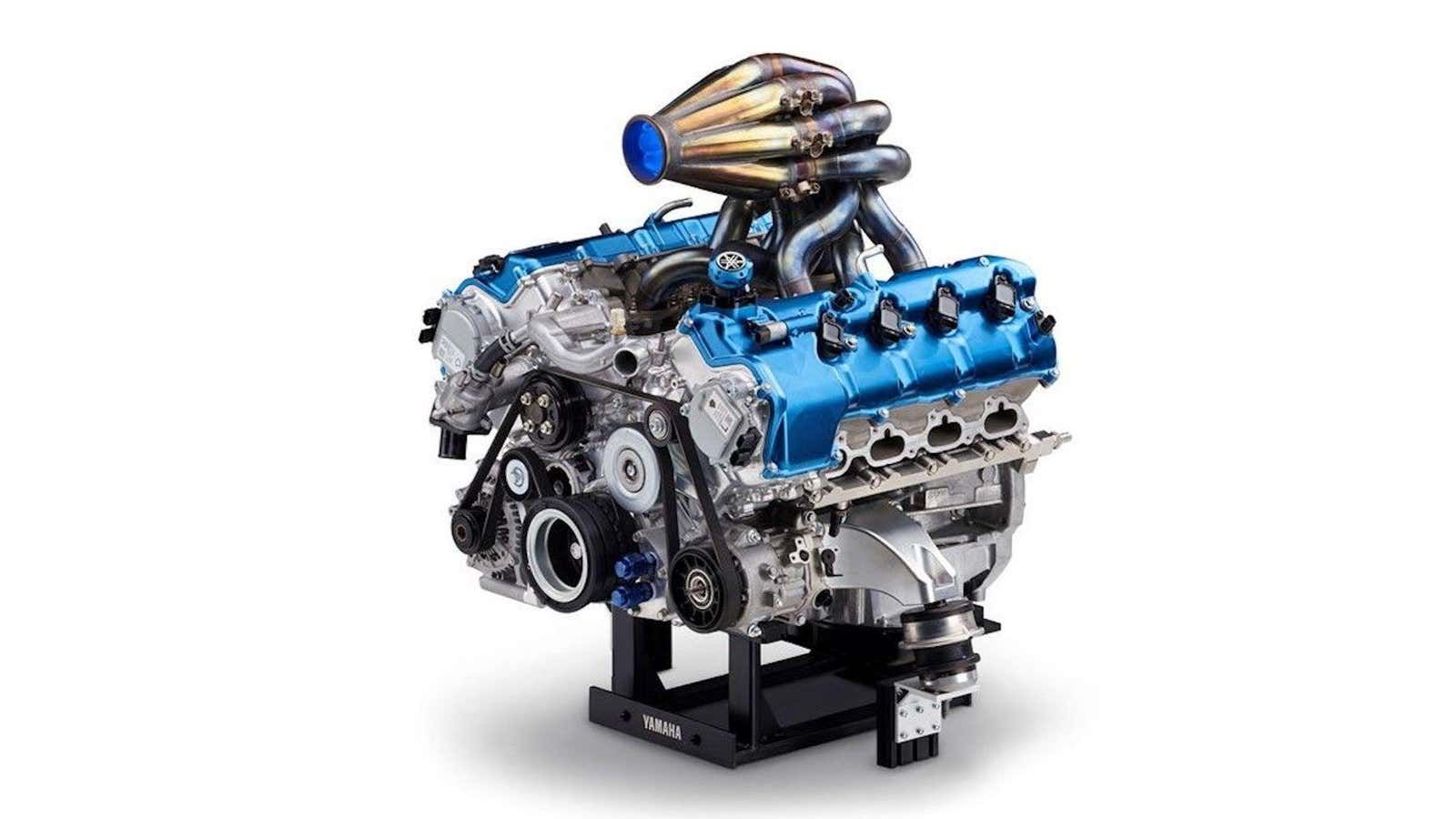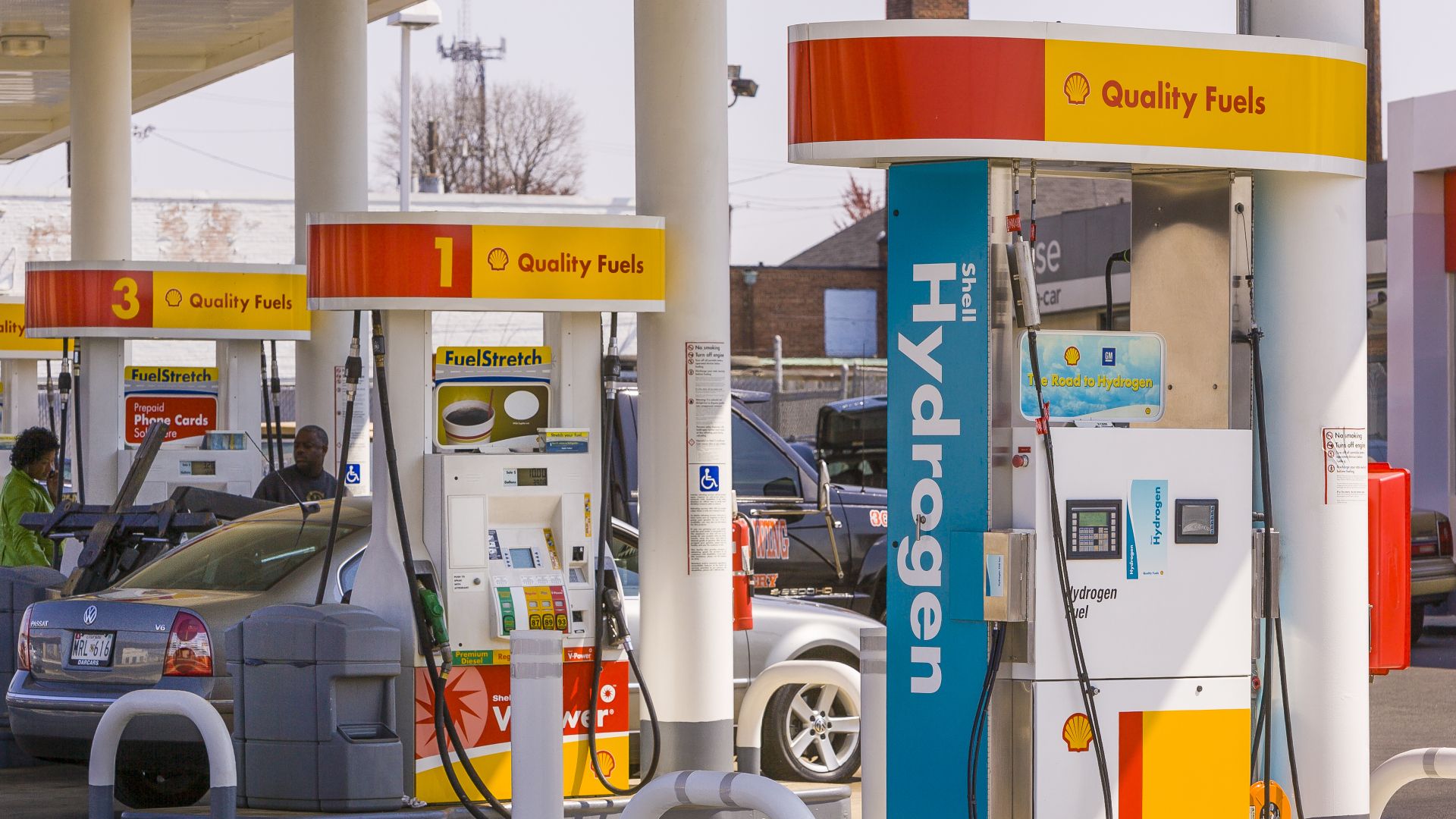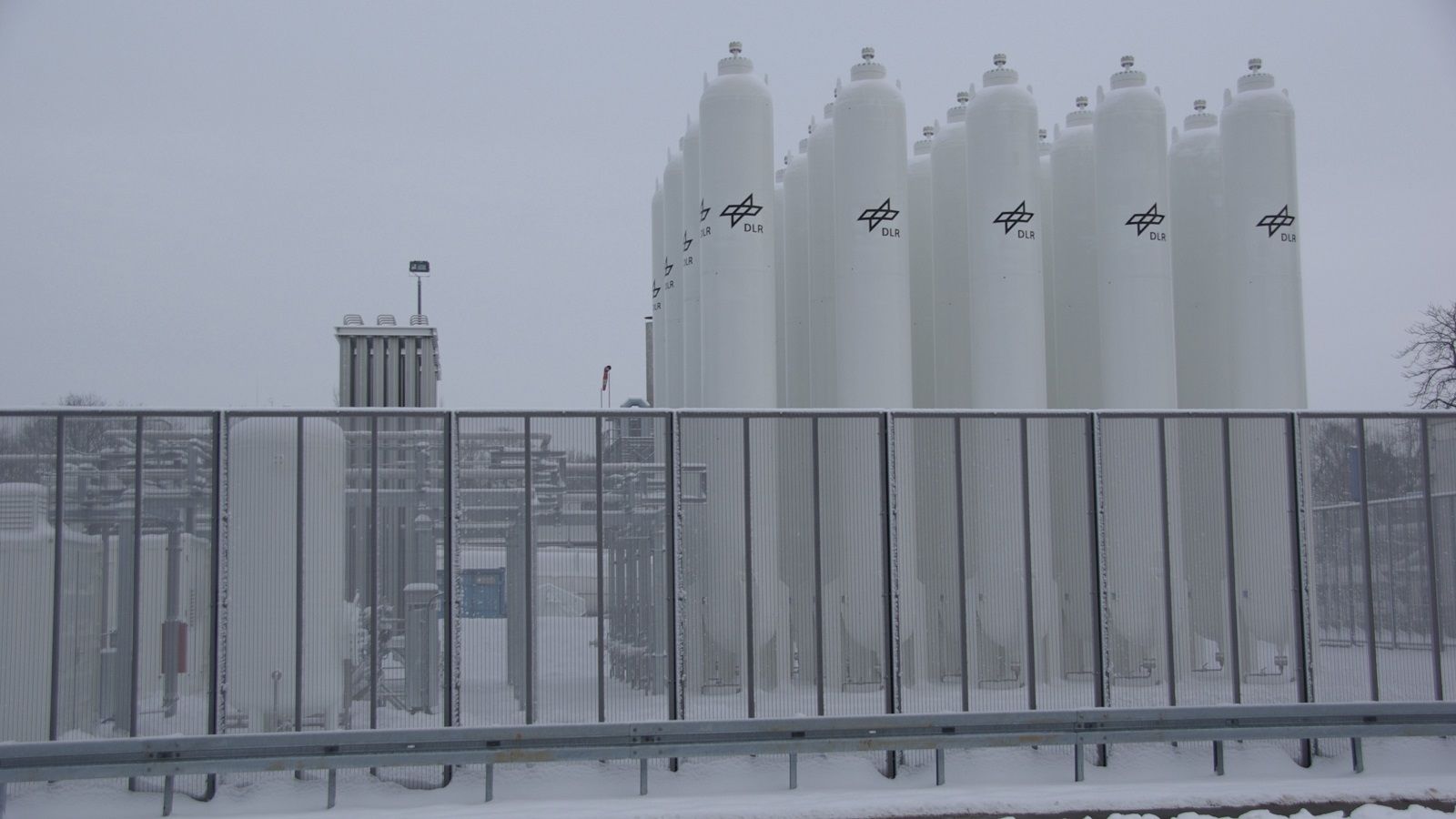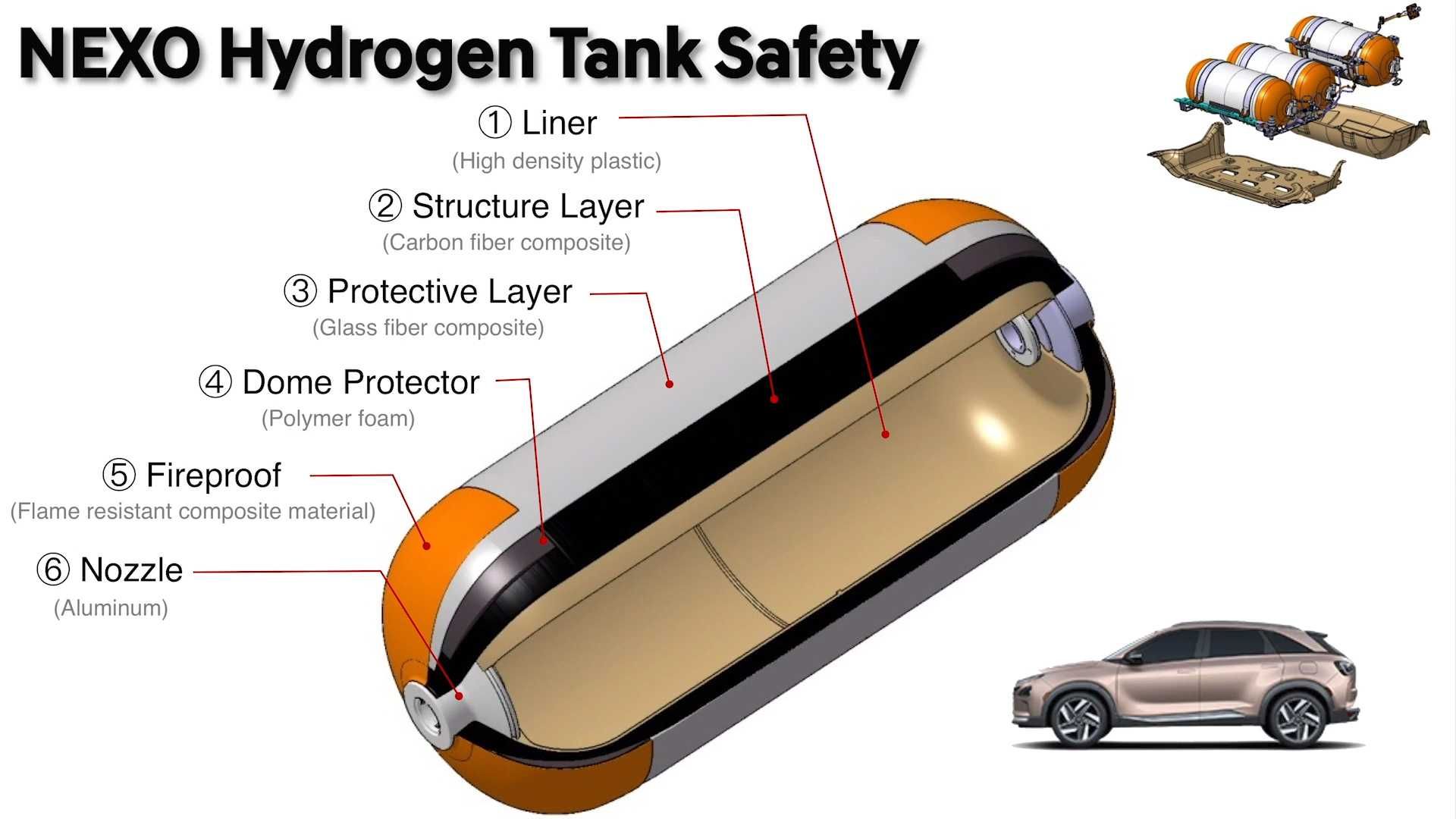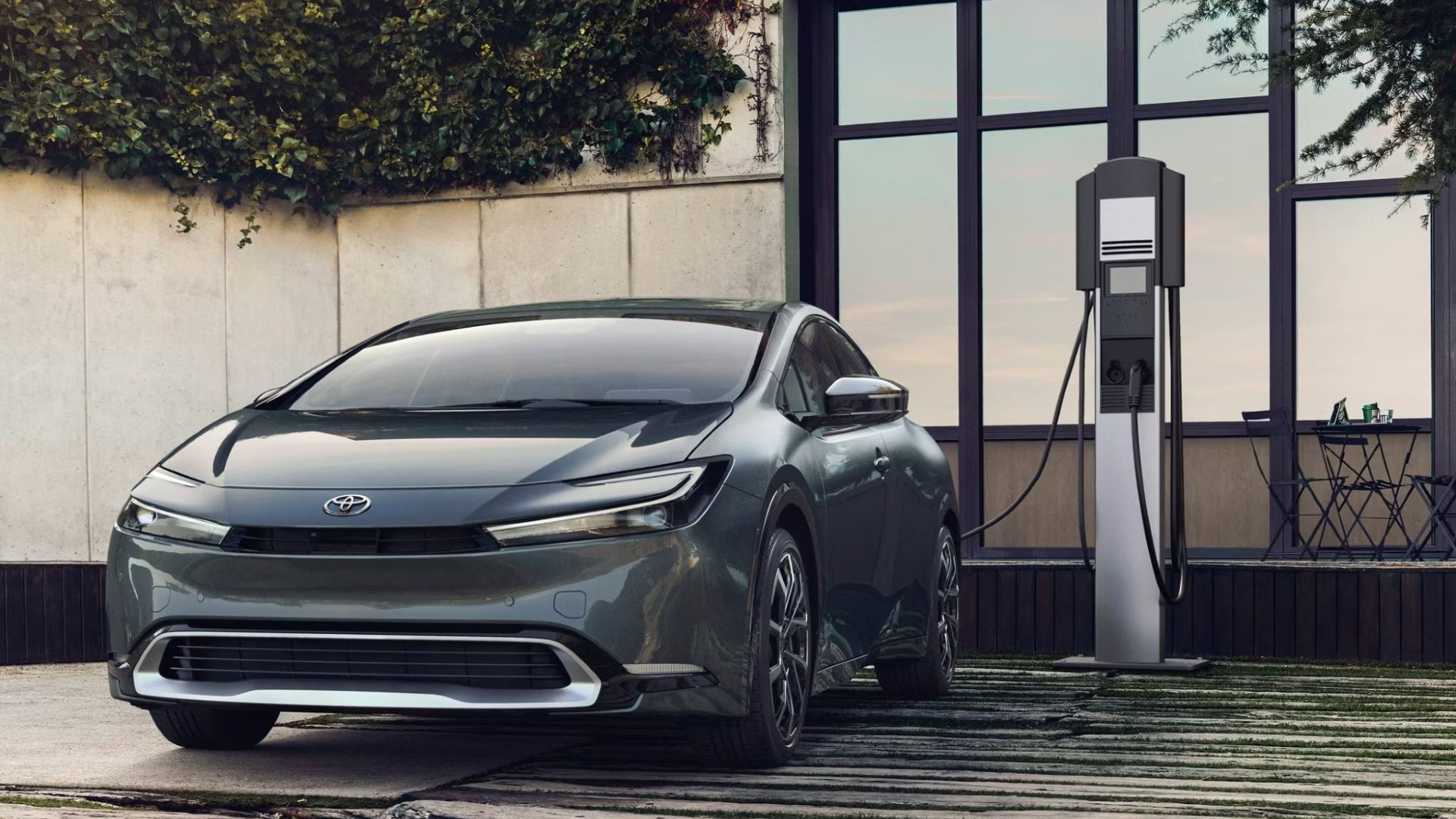Since it launched the revolutionary Prius in 1997, Toyota has been a leader in hybrid and plug-in hybrid vehicles, which paved the way for the current electric vehicle craze. However, in spite of its roots, the Japanese brand has been hesitant to jump headfirst into the all-electric trend. Toyota's first 100-percent EV, the awkwardly named BZ4X, has sold only a few hundred units as of mid-October, and according to a report by Electrek, the Japanese carmaker doesn't plan to ramp up production until 2025. Toyota's slowness in adopting all-electric vehicles was reinforced by the company's president, Akio Toyoda. As the Wall Street Journal reports, "People involved in the auto industry are largely a silent majority," Toyoda said. "That silent majority is wondering whether EVs are really OK to have as a single option. But they think it's the trend, so they can't speak out loudly. Because the right answer is still unclear, we shouldn't limit ourselves to just one option."
Although that sentiment is controversial, it merits consideration. All-electrics amount to only a fraction of the total new car market, which leaves the market open for another kind of vehicle, which is the direction Toyota has chosen. Let's take a closer look at this type of engine, the hydrogen combustion engine, and see why Toyota executives think it can potentially make EVs obsolete.
Updated May 27, 2023: Internal combustion engines have been used for a long time, but as new technology becomes more usable, it becomes more apparent that there are better ways to get the power needed to move our vehicles from point A to point B. The best way to get there is still up for debate, but Toyota feels that Hydrogen power is the way to go. Let's look at some of the most updated information about the subject so we can all stay informed.
1 Introducing The Corolla Cross H2 Concept
The Toyota Corolla Cross H2 Concept uses a new prototype hydrogen Internal Combustion Engine (abbreviated "ICE") car called the Corolla Cross H2 Concept. Power comes from the hot 1.6-liter turbocharged three-cylinder used in the GR Corolla and GR Yaris, converted to using Hydrogen as a fuel. To begin with, thick, armored fuel tank(s) are required for holding the highly flammable hydrogen technology that Toyota gleaned from its FCEV (Fuel Cell Electric Vehicle), the Mirai. The engine gets hardened valves and valve seats, stronger connecting rods, and fuel injectors designed for gas, not liquid. Like a standard Corolla, the Cross H2 Concept has room for 5 passengers and their luggage.
2 A Large Hydrogen Powered V-8 Is In The Works
In exciting news to gearheads everywhere, Toyota has partnered with Yamaha Motor to develop a hydrogen-fueled V-8 engine. In an announcement earlier this year, Yamaha said the 5.0-liter V-8 would be based on the one used by the Lexus RC Coupe, with modifications to its cylinder heads and fuel injectors, among other things. Yamaha claims it'll produce 455 horsepower at 6,800 rpm and 398 pound-feet of torque at 3,600 rpm. That's a bit less power than the original gasoline V-8 that it's based on, but still quite respectable. But the most stunning feature of the hydrogen V-8 has to be the eight-into-one top-mounted exhaust manifold, which Yamaha claims creates a distinct high-frequency sound.
3 Hydrogen Powered Cars Are Quickly And Easily Refueled
You have to admit that even though filling up your gas-powered ICE vehicle may not be the highlight of your day, it is not rocket science. Filling up a Hydrogen powered car is just as easy but does not take nearly as long to accomplish because it is a gas rather than a liquid. If you have ever had a propane tank filled (not traded out for a new one), you understand how fast the process will be. In fact, the new Toyota Yaris GRH2 only takes a minute and a half to fill completely full of Hydrogen, which is much faster than it would take to fill the tank on a Toyota Camry with unleaded.
4 Hydrogen Has A Broad Climate Adaptability
Diesel fuel has long been used in vehicles that need to be used for hauling and towing excessive loads, but they can freeze in areas where the temperatures drop down into the negative double digits. Thankfully, unleaded fuel can withstand temperatures of up to -100 degrees Fahrenheit which can happen with some cold windchill factors. Lithium batteries can withstand up to -140 degrees Fahrenheit before they start to freeze up, which can still occur occasionally. Hydrogen can withstand -435 degrees Fahrenheit, which shows it is the best choice in cold temperatures worldwide. The same holds true when comparing the hot end of the spectrum: Hydrogen has a much broader climate adaptability than the other two options currently available.
5 Hydrogen Fuel Systems Avoid Material Scarcity Problems
Lithium batteries are not made out of materials that can easily be produced. In fact, many people, such as the CEO of Toyota (former CEO Akio Toyoda), see a shortage of lithium and battery-grade nickel, which means that there will be a lack of materials needed to produce the lithium batteries used in EVs. That could create a major setback in the move towards electric vehicles, which could be avoided by using Hydrogen powered engines if they are engineered to maximize their full potential.
6 Hydrogen Driven Engines Sound And Respond Like Fuel Driven Engines
Sound is one of the biggest complaints you may have with EV cars and trucks. If you have ever driven an old classic muscle car, such as a 1970 Chevrolet Chevelle SS with a big block 454 or a 1969 Ford Mustang with a 428 Cobra Jet, nothing can compare with the excitement as you press the accelerator to the floor. The sound as the carbs open up and the fuel rushes into the chambers, power rushes through your chest as soon as the horsepower hits the drivetrain, and adrenaline hits in full as the car launches. EVs cannot give that to you, but a Hydrogen powered car can because it works in the same general way.
7 Hydrogen Engines Are Completely Mechanical
Small local mechanic shops can be found on almost every corner across the country, but as EVs become more popular with consumers, those small garages will no longer be an option for you. They may be able to go online, watch a few YouTube videos, and figure out how to repair your electric engine, but it is highly suggested that you take it to a registered mechanic familiar with the new technology. The great thing about hydrogen-powered engines is that since they are so similar to fuel-powered engines, they are entirely mechanical. That means that those small corner shops that you are comfortable taking your vehicles to will be able to work on them.
8 This Technology Has A Checkered Past
The concept of powering an internal combustion engine with Hydrogen is not new. Most notably, German automaker BMW produced the 750HL in 2002, followed by the Hydrogen 7 in 2005. The Hydrogen 7 was based on BMW's traditional gasoline-powered 6.0-liter V-12 but with modifications to burn Hydrogen and gasoline. That technically made it a dual-fuel engine, and only 100 total were produced. Some downsides to Hydrogen are that it's highly flammable, difficult to process and store, and the combustion process emits nitrous oxide.
9 EVs Are Not Without Fault Either
As opposed to almost all the other automakers who are betting everything on electric cars, Toyota's approach to carbon neutrality is more diversified, evaluating multiple technologies to achieve the goal of zero emissions. This ethos seems increasingly prescient when considering that with the war in Ukraine and its impact on energy supplies, European countries are looking for ways to cut energy use. In fact, Switzerland has gone so far as to encourage EV drivers to only use their cars for urgent needs like going to work or the grocery store - and it could be codified into law.

